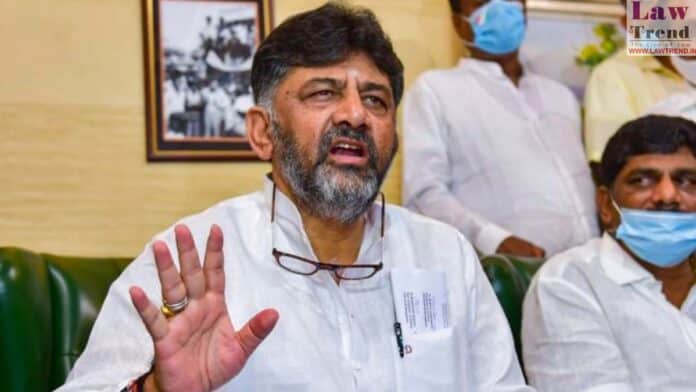The Supreme Court on Friday called for a response from the Karnataka government and Deputy Chief Minister DK Shivakumar regarding a Central Bureau of Investigation (CBI) plea. The plea challenges the state’s decision to withdraw consent for the CBI to continue investigating a disproportionate assets (DA) case against Shivakumar, a prominent Congress leader. Justices Surya Kant and Ujjal Bhuyan of the Supreme Court bench are overseeing the matter, emphasizing the case’s legal and political ramifications.
The controversy began with the current Karnataka cabinet, under Chief Minister Siddaramaiah, revoking a 2019 decision by the previous BJP-led government. The earlier consent had authorized the CBI to examine allegations of Shivakumar amassing wealth disproportionate to his known sources of income between 2013 and 2018, during his tenure as a minister in the previous Congress government.
This revocation was part of a broader political dispute, reflecting the change in government from BJP to Congress. On August 29, the Karnataka High Court declared a petition by the CBI and BJP MLA Basanagouda Patil Yatnal, contesting the Congress government’s decision to retract CBI’s consent, as “non-maintainable.” Following this, Patil escalated the matter to the Supreme Court, which has now sought detailed responses from both Shivakumar and the state administration.
Furthermore, in a related development, the state government had directed on December 26, 2023, that the Rs 74.93 crore DA case be investigated by the Lokayukta instead of the CBI. This move, too, is under scrutiny, with the CBI asserting that the magnitude of the alleged corruption necessitates a centralized investigation due to the national implications of the charges.
The case traces back to an Enforcement Directorate (ED) referral following an income tax probe, which prompted the BJP government in 2019 to permit the CBI’s inquiry into Shivakumar. The Supreme Court’s involvement underscores the complex interplay of state and central investigative powers and the political dimensions of legal oversight in high-profile corruption cases.




